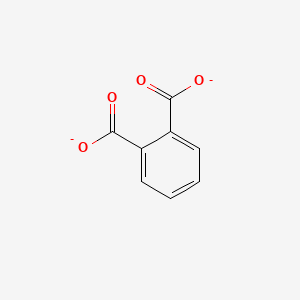A recent study revealed that daily exposure to phthalates is associated with 350,000 (13%) global deaths due to heart disease in 2018 among individuals aged 55 to 65 years.

About Phthalates
Phthalates are a group of chemical substances primarily used in plastic products, especially in polyvinyl chloride (PVC) plastics. They are the most commonly used plasticizers worldwide and are categorized into high and low phthalates based on their molecular weight.
Uses:
- Phthalates are added to plastics to improve their performance.
- They help soften plastics, making them more flexible and durable.
- They can lower the melting point of plastics to aid in molding processes.
- Phthalates are found in various products such as vinyl flooring, adhesives, detergents, lubricating oils, automotive plastics, raincoats, and personal care items (soaps, shampoos, hairsprays, nail polishes).
- They are widely used in polyvinyl chloride plastics, which are used in products like packaging film, garden hoses, inflatable toys, blood storage containers, medical tubing, and children’s toys.
- Phthalates are also utilized in screen printing, heat transfer inks, and plastisol inks.
Since phthalates are not chemically bound to the plastic polymer, they can leach out when the product comes into contact with liquids or fats, leading to exposure in humans and the environment.
Health Risks:
Certain phthalates are endocrine disruptors, chemicals that interfere with the body’s hormone system. Health issues linked to phthalate exposure include fertility problems, early puberty, low birth weight, obesity, diabetes, immune system impacts, cardiovascular and respiratory issues, some cancers, as well as neurological and behavioral disorders.




